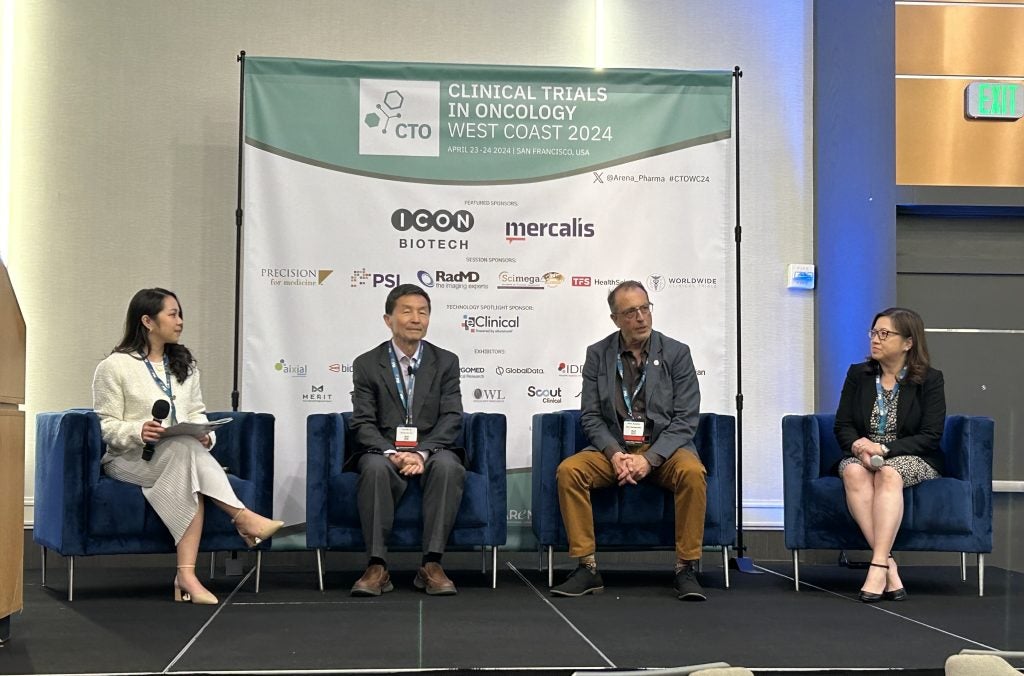
Acadia Pharmaceuticals has reported positive data from the Phase III Lavender clinical trial of its experimental drug, trofinetide, to treat individuals with Rett syndrome, a rare neurological disorder.
A new synthetic analogue of the amino‐terminal tripeptide of IGF-1, the drug can potentially treat the key symptoms of Rett syndrome by reducing neuroinflammation and supporting synaptic function.
In 2018, Acadia and Neuren Pharmaceuticals signed an exclusive licence deal to develop and market trofinetide to treat Rett syndrome, as well as for other indications in North America.
The double-blind, placebo-controlled, randomised trial analysed the safety and efficacy of trofinetide in a total of 187 girls and young women aged between five and 20 years with Rett syndrome for 12 weeks.
Caregiver analysis using Rett Syndrome Behaviour Questionnaire (RSBQ) and physician assessment using Clinical Global Impression–Improvement (CGI-I) were the co-primary goals of the trial.
How well do you really know your competitors?
Access the most comprehensive Company Profiles on the market, powered by GlobalData. Save hours of research. Gain competitive edge.

Thank you!
Your download email will arrive shortly
Not ready to buy yet? Download a free sample
We are confident about the unique quality of our Company Profiles. However, we want you to make the most beneficial decision for your business, so we offer a free sample that you can download by submitting the below form
By GlobalDataCaregiver evaluation analysing communication skills using the Communication and Symbolic Behavior Scales Developmental Profile Infant‑Toddler Checklist – Social Composite Score (CSBS-DP- IT–Social) was the key secondary goal.
Findings showed that trofinetide offered a statistically significant rise for co-primary goals and key secondary goals over placebo.
On the RSBQ, change from baseline to week 12 was -5.1 for trofinetide as against -1.7 for placebo.
During the same timepoint, the CGI-I score was 3.5 against 3.8 while the CSBS-DP-IT–Social change from baseline to week 12 was -0.1 versus -1.1.
Diarrhoea was the most common side effect reported in the trial in 80.6% of the subjects treated with trofinetide as against 19.1% in the placebo arm.
Acadia Pharmaceuticals Rare Disease head, senior vice-president, chief scientific officer Kathie Bishop said: “The consistent efficacy across primary and key secondary endpoints in the Lavender study demonstrates the potential of trofinetide to treat Rett syndrome.
“We look forward to continuing this important work and potentially delivering an FDA-approved treatment for this rare and devastating disease.”
The company intends to hold a meeting with the US Food and Drug Administration (FDA) in the first quarter of next year and subsequently file a New Drug Application (NDA) for trofinetide mid next year.
In July 2020, the FDA accepted Acadia’s supplemental new drug application for Nuplazid to treat hallucinations and delusions in individuals with dementia.








